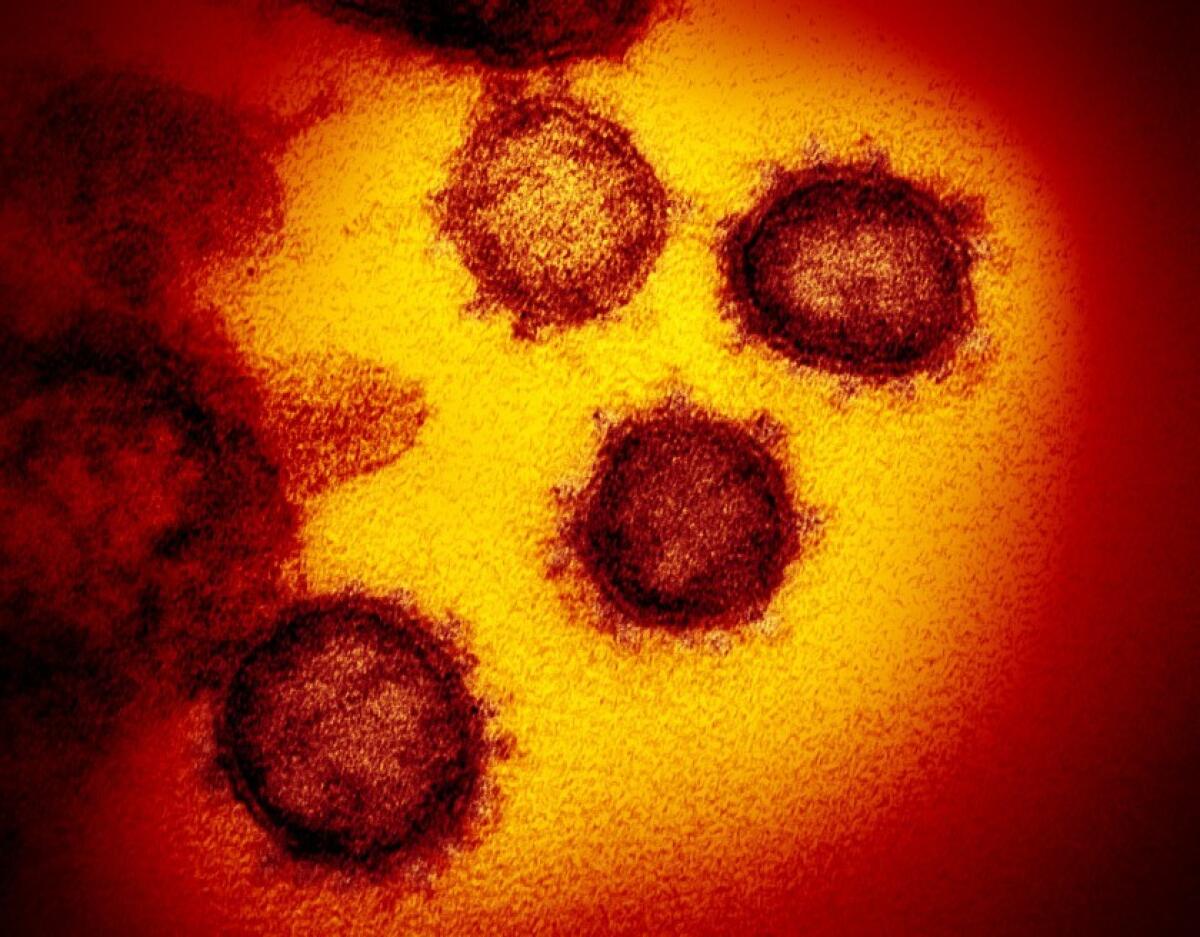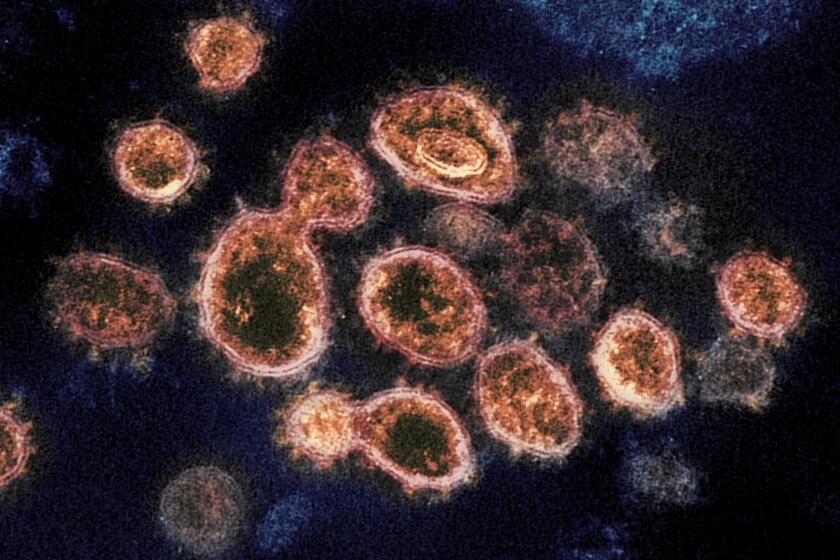Coronavirus name game: Farewell, B.1.1.7. Hello, Alpha!

Do you confuse the B.1.1.7 coronavirus variant with B.1.351? What about P.1, P.2 and P.3?
The COVID-19 pandemic is confusing enough without arcane scientific nomenclature getting in the way. And so, nearly six months after the emergence of the first variants to “of concern,” the World Health Organization has unveiled a new naming system.
B.1.1.7, which was first identified in the United Kingdom and is often referred to as “the U.K. variant,” gets the more easily remembered moniker Alpha.
B.1.351, which you may know as “the South Africa variant,” will henceforth be referred to as Beta.
P.1, aka “the Brazil variant,” is Gamma.
And the variant associated with India, which you probably didn’t even realize was called B.1.671.2, will be Delta.
The Biden administration is boosting efforts to identify and track coronavirus variants to help scientists see where the pandemic is heading next.
That covers the four “variants of concern” recognized by the WHO. They have earned that designation from the global health agency because they’re more transmissible than the original coronavirus strain, they make people they infect sicker or they’ve shown resistance to medicines or vaccines. (The U.S. Centers for Disease Control and Prevention has a slightly longer list.)
The WHO also recognizes six “variants of interest” that have been implicated in outbreaks or shown a propensity to spread but are thought to be less threatening than the variants of concern. These include the B.1.427/B.1.429 variants that originated in California and the B.1.526 variant from New York. They’ll be known as, respectively, Epsilon and Iota.
The naming system was developed by scientists who have been tracking the evolution of the coronavirus since the pandemic’s earliest days. Those scientists will continue to use their letter/number framework, but the past few months have shown that such nomenclature can be confusing to the general public. That’s why these variants have come to be known for the places where they were first identified.
But scientists frown on naming diseases after places, which can be stigmatizing. The WHO has collaborated with the World Organization for Animal Health and the United Nations’ Food and Agriculture Organization to develop guidelines for naming diseases. (In their book, the Spanish flu should be known as the 1918 H1N1 virus.)
Confusion over the terms ‘variant’ and ‘strain’ predate this coronavirus. It seems virologists never got around to defining their terms.
If the Greek letters catch on, this problem will go away. And if we get to the unfortunate point where variants outnumber Greek letters, the WHO will come up with a new naming scheme, it said.
It’ll have to. Short combinations of Greek letters presumably would not sit well with sororities and fraternities.










